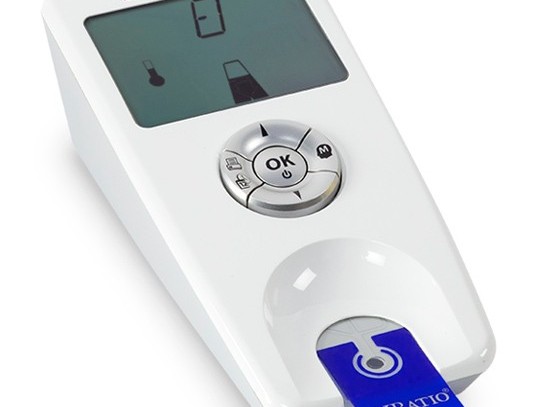Alere INRatio Controversial Approval
As is common with many defective drugs or devices that are later recalled, the Alere INRatio Monitors and Testing Strips gained their FDA approval through the FDA’s controversial 510(k) program. The program, which has been around for more than 35 years, allows medical device manufacturers like Alere to get their products approved quickly if they can prove their device is substantially equivalent to a device already approved by the FDA.
Although the process sounds like a streamlined process to get effective, safe medical devices and drugs on the market, many consumers and doctors believe that the 510(k) process is dangerous. The belief that the 510(k) process is dangerous stems from the fact that it allows medical devices and drugs to gain FDA approval without having to go through clinical trials.
To demonstrate the true dangers of the 510(k) process, from 2005-2009, almost 75% of recalled medical devices that could cause serious injuries or death gained FDA approval through the 510(k) process. The other 25% represented devices that were recalled but went through the normal FDA approval process, which included clinical trials.
Potentially dangerous medical devices like Alere INRatio Monitors and Testing Strips should have to go through the same clinical trials and testing that other devices and drugs do. If the (now recalled) Alere INRatio Monitors and Testing Strips had gone through clinical trials, their inaccuracies probably would have been discovered and fixed, allowing Alere to update the device before it harmed the public.


